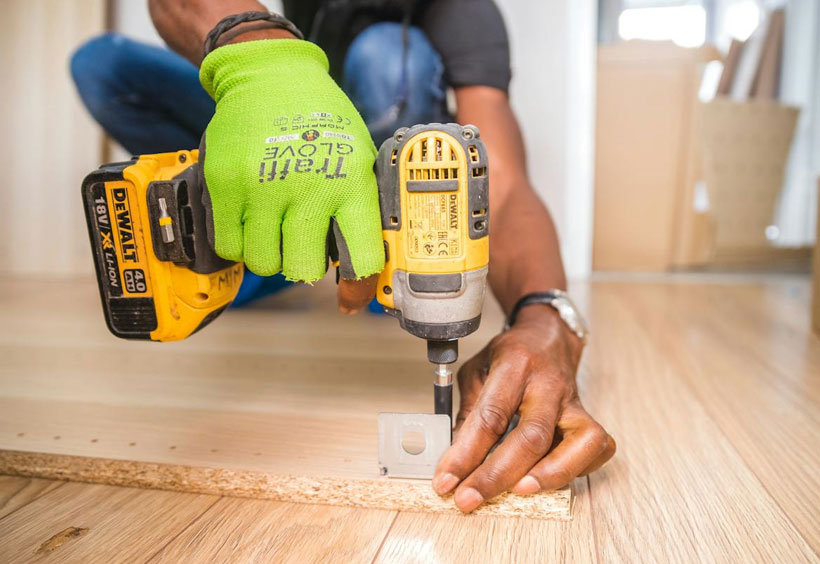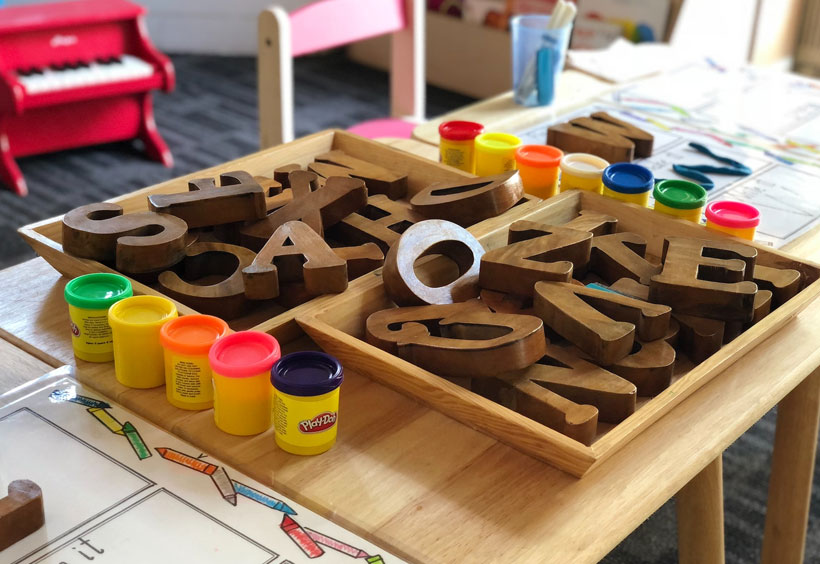How to Start a Flooring Business
Sparkpush Editorial Team
Updated January 14, 2024
Edited by: William Crawford

Beginning on the journey of how to start a flooring business is like laying the foundation for a fulfilling entrepreneurial adventure. It’s more than selecting beautiful tiles or hardwood; it’s about crafting spaces where life unfolds. Let’s step into this guide, which will navigate you through the nuances of establishing a successful flooring business, combining practicality with creativity.
Understanding the Flooring Industry
The flooring industry is a dynamic and diverse sector where design meets durability. As a flooring business owner, you’re not just selling a product; you’re providing a service that transforms homes and businesses. Each type of flooring, from luxurious hardwood to practical laminate, comes with its own set of installation challenges and aesthetic appeals.
Step 1: Get Floored with Knowledge
Knowledge is power, especially in the flooring business. Familiarize yourself with various flooring materials like wood, vinyl, ceramic, and carpet. Each has its unique installation process and maintenance requirements. Consider attending trade shows, joining industry associations, and following market trends to stay informed. The more you know, the better you can advise your clients and handle diverse projects.
Step 2: Business Plan That Lays It All Out
Your business plan should be as solid as the floors you’ll install. Start by defining your target market – will you focus on residential, commercial, or specialty flooring like sports facilities? Outline your service range – are you providing installation only, or are you including repair and maintenance services? Include a marketing strategy that highlights how you’ll attract and retain customers. Detail your financial projections, considering initial costs, pricing strategy, and revenue forecasts.
Step 3: Legal Footwork
Selecting the right business structure (LLC, corporation, etc.) will impact your taxes, liability, and operations. Register your business name and logo to protect your brand. Obtain the necessary licenses and permits to operate legally in your area. Insurance is crucial in this industry – consider liability insurance, workers’ compensation, and property insurance to safeguard your business.
Step 4: Establish Supplier Relationships
Quality supplies are the cornerstone of your business. Forge relationships with multiple suppliers to ensure a steady supply of various flooring materials. Negotiating favorable terms can help maintain competitive pricing and improve your profit margins. Consider attending industry expos to connect with suppliers and discover new products.
Step 5: Setting Up Your Showroom
If opting for a physical showroom, choose a location that’s easily accessible and visible to your target market. The design of your showroom should reflect the quality and variety of your flooring options. Invest in sample displays that allow customers to see and feel the materials. For an online presence, high-quality images and detailed product descriptions are essential.
Step 6: Marketing That Steps Up
A robust marketing strategy is essential. Develop a professional website optimized for search engines to attract online traffic. Utilize social media platforms, especially those geared towards visuals like Instagram and Pinterest, to showcase your work and engage with potential customers. Consider local advertising in newspapers, radio, or community events. Networking with local contractors, interior designers, and real estate agents can provide valuable referral opportunities. Tailor your marketing efforts to highlight your unique selling points, such as specialized services, quality craftsmanship, or eco-friendly options.
Step 7: Assemble Your Floor Crew
Building a skilled and reliable team is vital for your business’s success. Hire experienced installers who share your commitment to quality and customer service. Provide ongoing training to keep your team updated on the latest installation techniques and safety protocols. Remember, your employees are the face of your business; their performance directly impacts your reputation.
Step 8: Customer Service That Shines
Exceptional customer service can set your business apart in the competitive flooring market. Be attentive to client needs, offer personalized consultations, and ensure clear communication throughout the project. Implementing a follow-up process to gather feedback can provide insights for improvement and encourage customer loyalty.
Step 9: Embracing Technology
Incorporate technology to streamline your operations. Use software for project management, scheduling, and invoicing to increase efficiency. Digital tools can also enhance customer interaction, such as using apps for virtual room visualization or online platforms for client consultations.
Step 10: Financial Management
Effective financial management is key to sustaining and growing your business. Monitor your cash flow, manage expenses wisely, and price your services competitively yet profitably. Consider hiring a professional accountant or using accounting software to keep your financial records organized and accurate.
The Bottom Line
Starting a flooring business is a venture that combines your passion for design and craftsmanship with strategic business planning. By focusing on quality service, building strong supplier relationships, and effectively managing your operations, you can establish a successful flooring business that stands the test of time. Embrace this opportunity to create beautiful and functional spaces, and watch as your flooring business grows to new heights!









